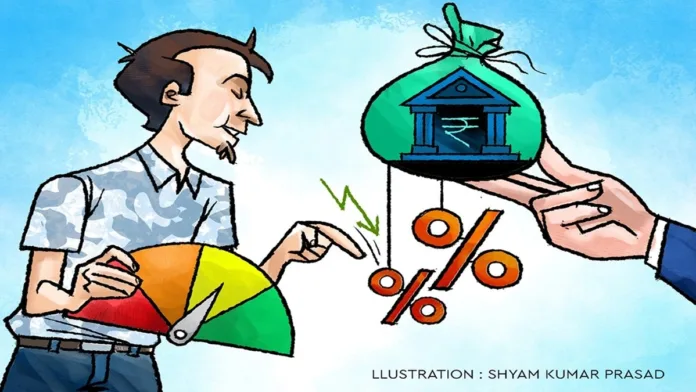When taking out a loan—whether it’s a personal loan, auto loan, or home loan—people typically take certain precautions. However, many do not exercise the same level of care when it comes to closing their loans. They often overlook the necessary procedural guidelines for loan closure, which can lead to problems later on.
Keeping this in view, here is a look at some crucial things to do while closing or pre-closing a loan:
Pre-closure Fees
Many banks and non-banking financial companies (NBFCs) impose a foreclosure fee or penalty when borrowers opt to repay their loans prior to the end of the agreed term. In the case of home loans, no penalty is applied; however, vehicle loans and personal loans typically incur a prepayment penalty that can range from 1% to 5% of the outstanding balance prior to closure. Therefore, it is advisable to verify the foreclosure charges before proceeding with the loan closure.
Also Read RBI Policy: Big relief! Your home loan EMIs may come down by THIS much on Rs 50 lakh amount Getting a car loan? Check these 10 crucial considerations first ‘Targeting steady growth in unsecured loans’: Bank of Baroda CEO Debadatta Chand Taking a joint home loan? Consider these things first
Also Read: Fixed Deposit: Make the most of current FD rates before they start falling
Acquiring the NOC
A No Objection Certificate (NOC) serves as evidence that all dues have been settled and that there are no outstanding loans associated with the account, thereby indicating that the lender no longer holds any legal claim over the collateral or documents provided. This document is essential for preventing any future discrepancies with the lender. Ensure that you obtain the NOC, which should include all pertinent details such as your name, address, loan account number, and closure information.
Obtain All Original Documents
When processing loan applications – particularly in case of a home loan — banks require several essential documents, including the sale deed, conveyance deed, Power of Attorney, and cancelled cheque, among others. Therefore, after closing the loan, it is imperative to reclaim all significant documents that were submitted previously.
Lien Removal
Often, lenders impose a lien on the borrower’s property to prevent its sale. Consequently, after repaying your home loan, it is necessary to visit the registrar’s office with a bank representative to facilitate the removal of the lien on your property.
» Read More


